Know thy opponents — experts make a point of it. When you’re at the bridge table, it’s just as important as knowing your partner, or indeed yourself. Strong players, after all, are far more likely to duck tricks, or play false-cards; weak players are altogether more predictable.
An interesting declarer problem came up during a game the other evening, and the following day I bumped into Zia Mahmood and asked what he would have done. ‘I can’t possibly answer,’ he replied, ‘unless you tell me how good my right-hand opponent is, and how good my left.’
West leads the ♠10. You play low. East wins with the ♠K and returns a spade to dummy’s ♠A. You now play a low diamond from dummy towards the ♦J, and it holds the trick. You continue with a diamond towards the ♦AQ, and West follows small. Which card do you play? (Note that if East started with ♦Kxx, there’s nothing you can do.)
I give you Zia’s reasoning: if East is a good player, he could well have ducked smoothly holding ♦Kx. But if he is a poor player you should assume he doesn’t have the ♦K, and so you should finesse the ♦Q.
But what about West? Holding ♦Kxx, a top player would likely duck the ♦J without hesitation — in which case you should probably finesse the ♦Q. But if West is an average player, you should assume he doesn’t have the ♦K and go for the drop.
However — keep listening at the back! — you need to balance that against your opinion of East: if East is a poorer player than West, you should probably go for the finesse.
There’s one other thing to emerge from this excellent advice: next time you find yourself defending against Zia with this layout of cards, you’ll know exactly what he thinks of you!
Got something to add? Join the discussion and comment below.
Get 10 issues for just $10
Subscribe to The Spectator Australia today for the next 10 magazine issues, plus full online access, for just $10.
You might disagree with half of it, but you’ll enjoy reading all of it. Try your first month for free, then just $2 a week for the remainder of your first year.

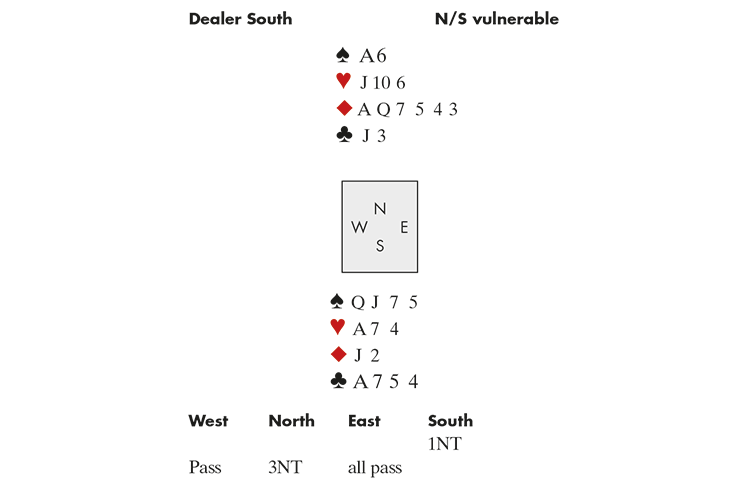
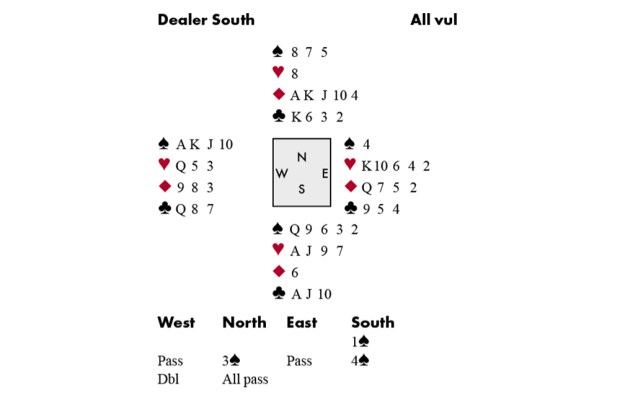
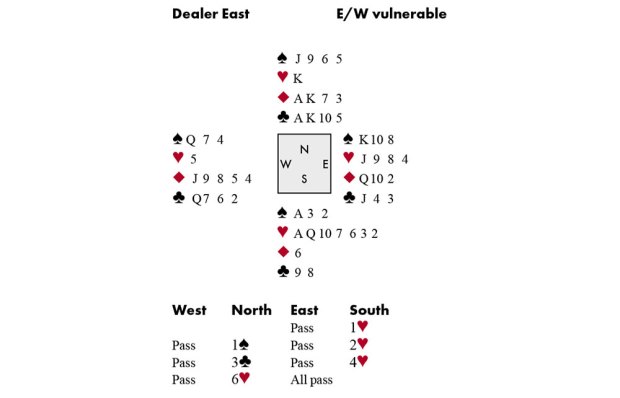
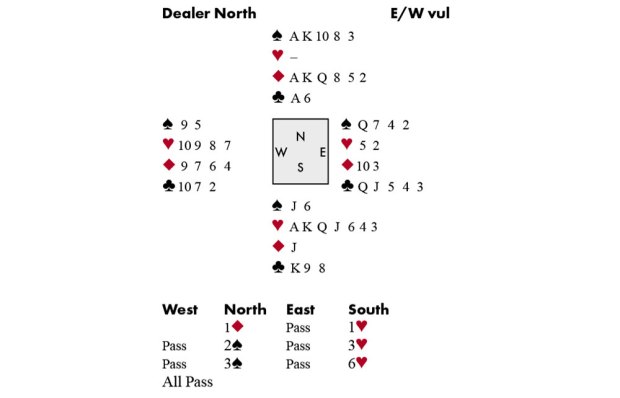
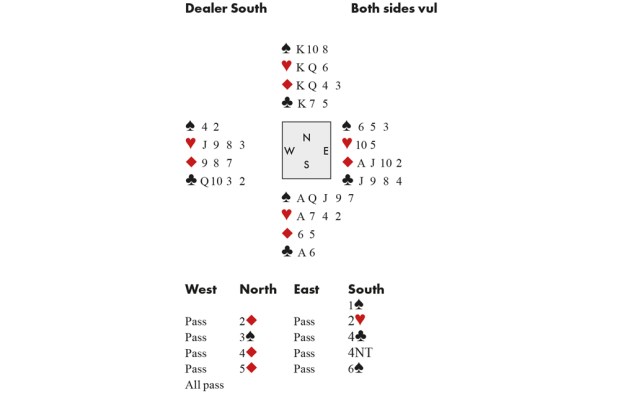
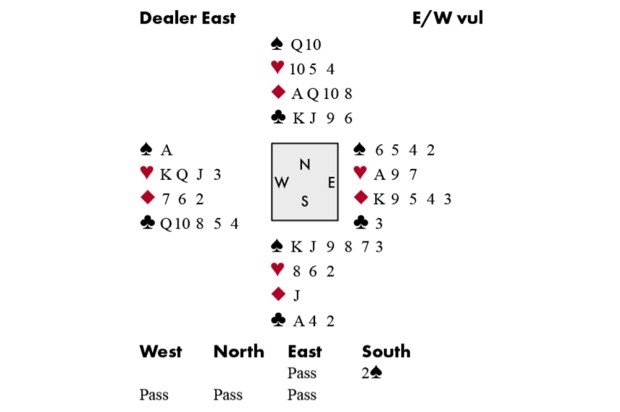
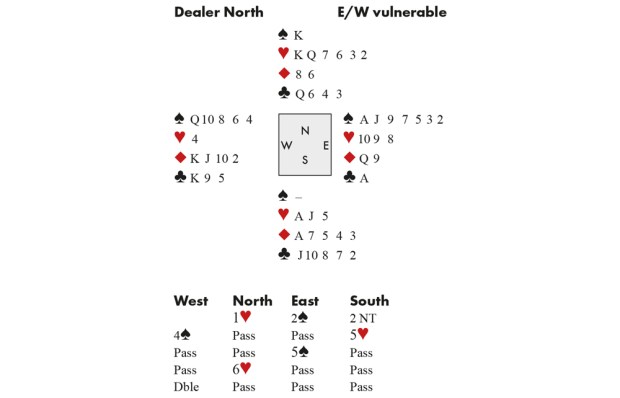






Comments
Don't miss out
Join the conversation with other Spectator Australia readers. Subscribe to leave a comment.
SUBSCRIBEAlready a subscriber? Log in